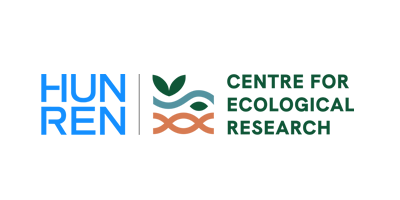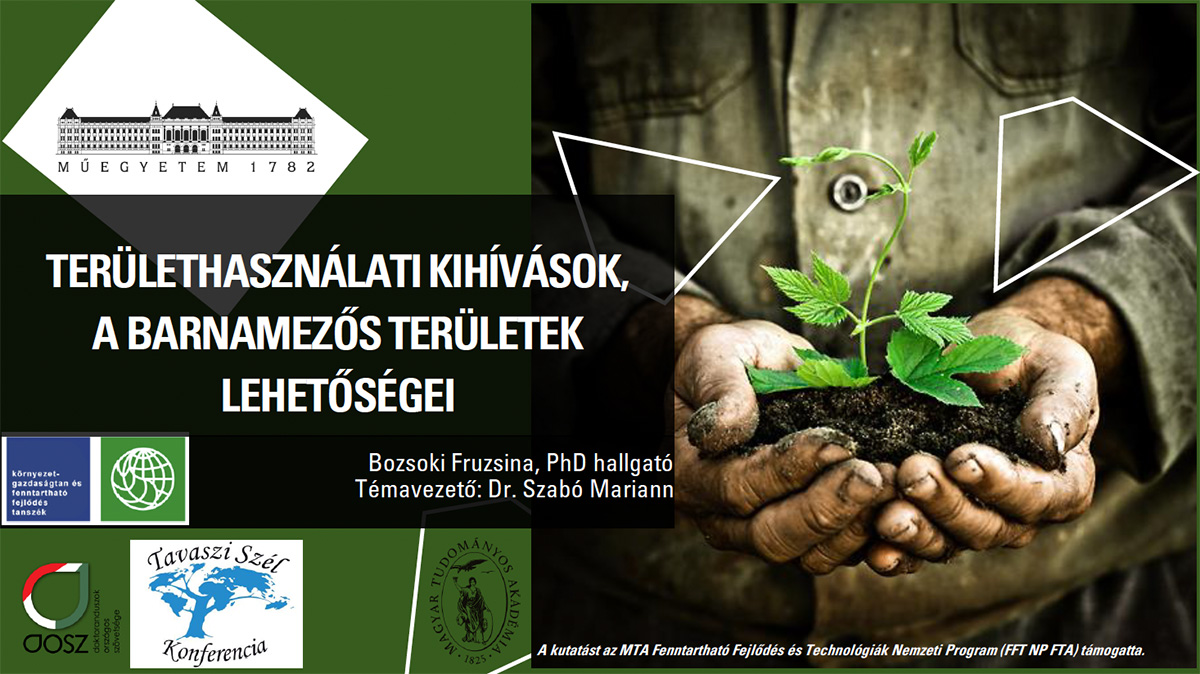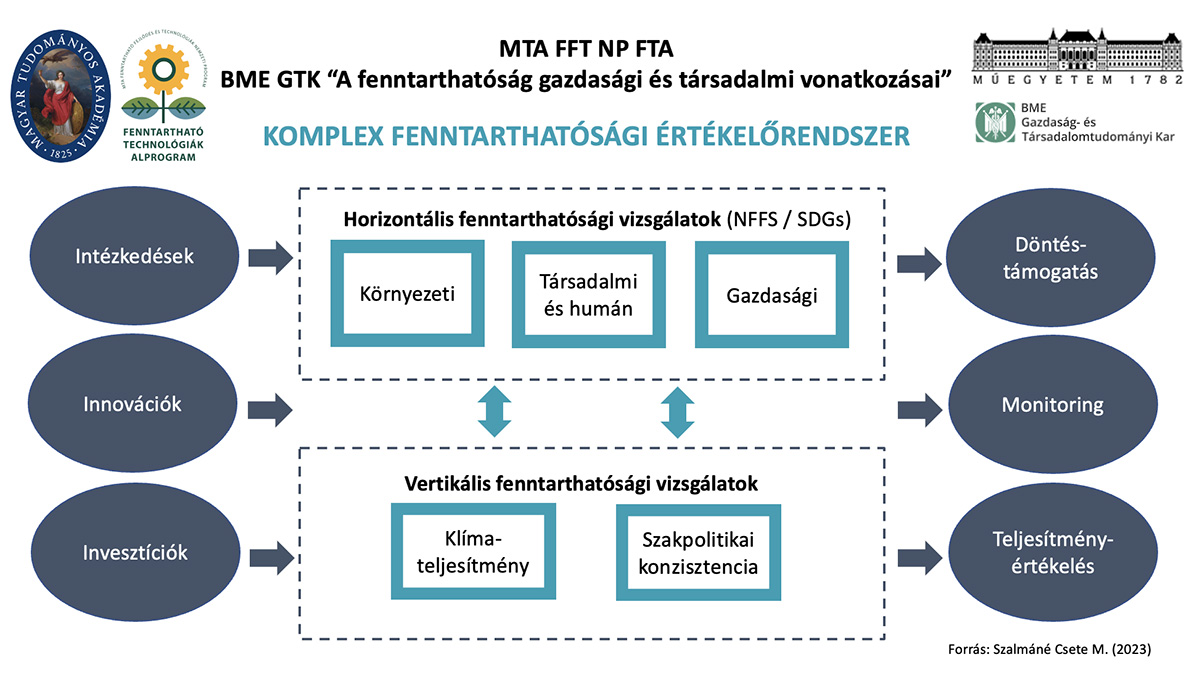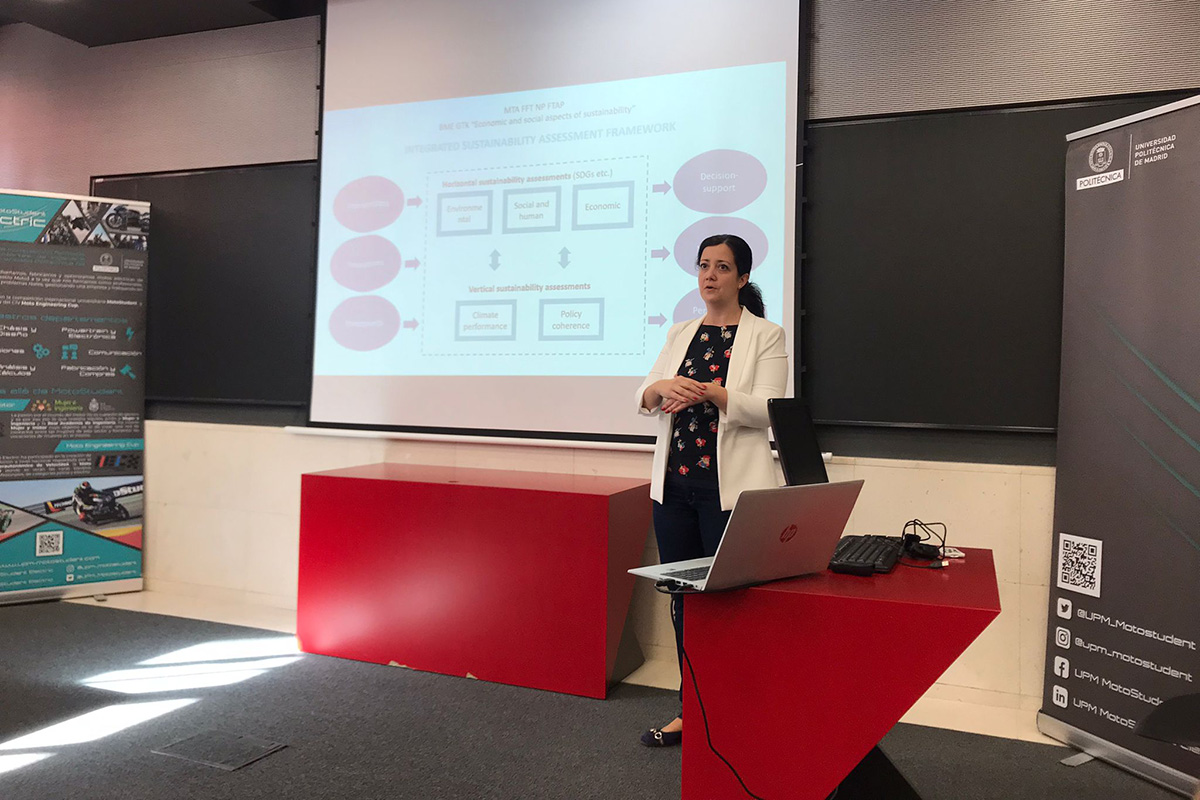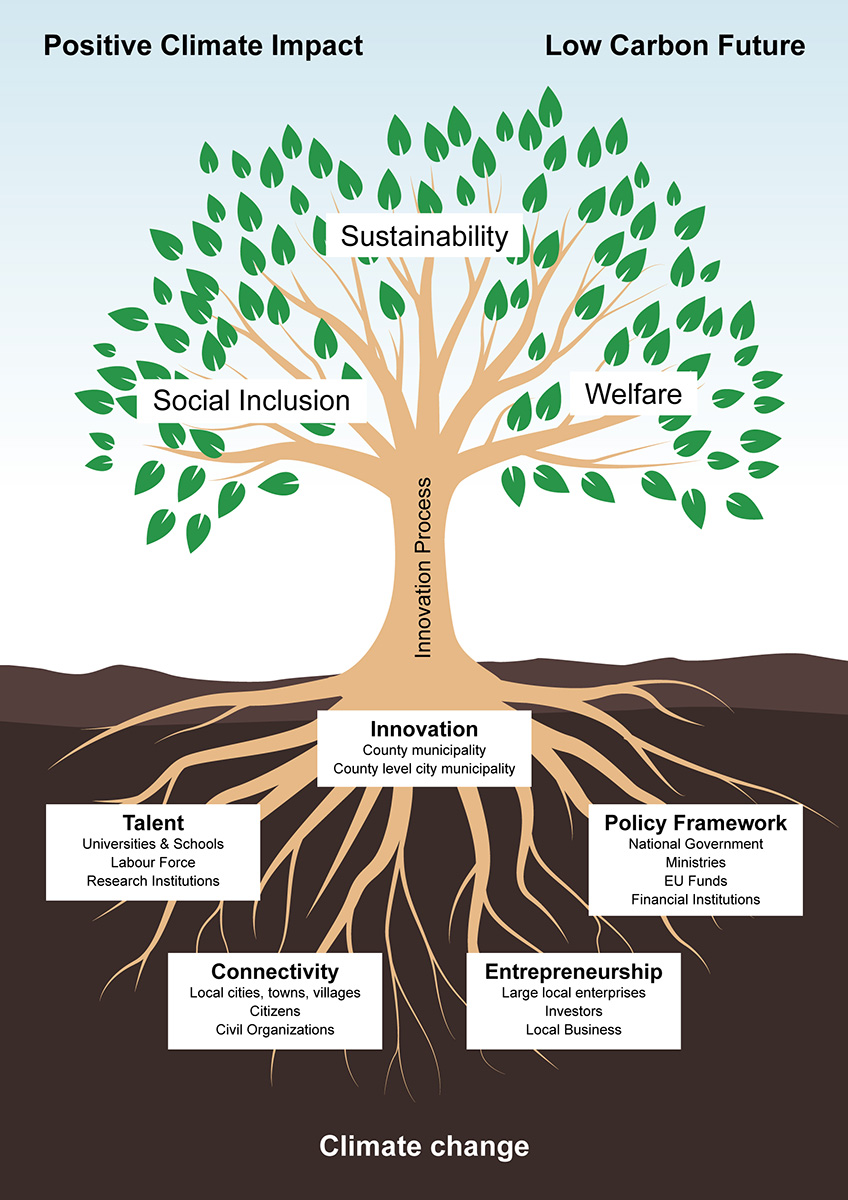Project leader:
Szalmáné Csete, Mária
Participating researchers:
Anil Yildirim Poyraz; Bartus, Gábor; Bethlendi, András; Bozsoki, Fruzsina; Buzási, Attila; Christopher Stapenhurst; Csizovszky, Anna; Jäger, Szimonetta; Janky, Béla; Kóczy, Á. László; Orbán, Annamária; Sreoshi Banerjee; Szabó, Mariann; Hiba ShakhashiroThe examination of the economic and social aspects of sustainability is a relevant research topic from a scientific and policy perspective due to the revealing of the sustainability and climate dimension of different technologies, industries, companies, and regions is a tool for responsible decision-making that takes into account complex, “green” aspects.
Two main methodological directions have emerged for monitoring sustainability performance (including environmental and climate aspects): on the one hand, the development of indicators for specific complex sustainability issues (e.g., ecological pressures, pollution, natural resource use, decarbonisation, welfare, competitiveness, etc.), and the comparability and aggregation of these indicators; on the other hand, the development of scorecard-type evaluation models, which are primarily intended to examine policy consistency.
Considering the economic and social aspects of sustainability, the research project aims to develop a complex sustainability impact assessment of the problems related to today’s challenges and their possible responses regarding innovative technical solutions, development concepts and interventions, and other possible responses.
According to the hypothesis formulated in the research plan, it is possible to develop a complex sustainability assessment system to measure the sustainability performance of different innovative solutions through a multi-perspective analysis. The expected results of the studies carried out in this research project can be interpreted in several ways: firstly, they can contribute to science-based decision-making; secondly, they can monitor the sustainability transition; and thirdly, they can be used to quantify sustainability performance.
Five main thematic areas have been identified within this research project:
1. Climate performance;
2. Environmental and ecological performance;
3. Social and human performance;
4. Economic performance;
5. and policy consistency assessment.
The input side of the complex sustainability assessment system model includes innovative solutions (technical and social innovations, etc.), measures, and investments formulated in response to various challenges, which can be linked to vertical and horizontal sustainability assessments. A hybrid assessment model is going to be developed as a methodology for sustainability impact assessment in the thematic areas under consideration, including, where possible, an indicator-based approach complemented by a consistent scorecard-type qualitative analysis.
Sustainability pilot projects will be developed and implemented concerning the thematic areas identified in the research plan. The research will identify challenges, trends, and prospects in the areas under study, as well as possible proposals and development directions, i.e., socio-economic responses that will contribute to and foster the sustainability transition. The results of research on sustainability performance will help both sectoral and spatial planning and decision-makers, providing a basis for future challenge-based sectoral and spatial planning also contributing to awareness raising considering sustainability transition and climate change related mitigation or adaptation issues.
For all five thematic areas included in this research project, the results of the assessments can also provide a future perspective on possible ways, methods, and solutions to prepare for the expected impacts, all of which can contribute to achieving the sustainability transition.
Publications
Results
How effectively do we plan? Qualitative strategy analysis of Hungarian cities
2023. február 1-3.
Jäger Bettina Szimonetta, Buzási Attila: „How effectively do we plan? Qualitative strategy analysis of Hungarian cities” Nineteenth International Conference on Environmental, Cultural, Economic & Social Sustainability. University of Ljubljana
Környezetpolitika a természeti erőforrások szűkösségének korában – könyvfejezet
Bartus Gábor (2023) Környezetpolitika a természeti erőforrások szűkösségének korában. In: Litkei Máté és Toldi Ottó (szerk.): A 21. századi magyar környezetpolitika sarokkövei. MCC Press, Budapest. 11-24. old. ISBN 978-615-6351-94-4
